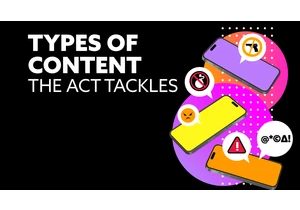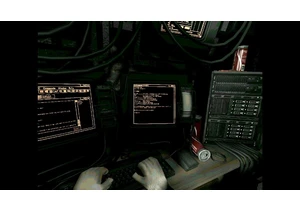Financial Times is reporting that $1 billion worth of NVIDIA AI chips were smuggled into China in the three months after the Trump administration tightened semiconductor export controls. Citing sales contracts, company documents and people with direct knowledge, the publication says that a thriving black market arose for American semiconductors. Products sold included NVIDIA's top‑tier B200 chips, which have become the silicon of choice for American big tech when training AI models. Sale of these chips to China is banned by the United States.
With journalists on the ground in China, Financial Times reports on a veritable web of third‑party data center operators, middlemen and purportedly smuggled ready‑built racks that have all materialized to meet the demand for NVIDIA's most powerful chips. Along with the B200, the H100 and H200 are also restricted yet highly sought after. All of these are far more capable than the weaker H20 chip, which was designed to comply with export restrictions for sale to China, though even that model has faced on and off export bans.
NVIDIA, for its part, told Financial Times it has “no evidence of any AI chip diversion” and that “trying to cobble together data centers from smuggled products is a losing proposition, both technically and economically.” NVIDIA explained, “Data centers require service and support, which we provide only to authorized NVIDIA products.”
Images produced by Financial Times show boxes of server racks emblazoned with company logos such as Supermicro and ASUS being advertised on social media in China. Those companies deny any knowledge of how their products ended up on the Chinese black market, and Financial Times is not alleging any such involvement.
Reporting suggests that some Southeast Asian countries have become hubs for Chinese groups to obtain restricted chips. Having these server racks shipped to Thailand or Malaysia may circumvent US export controls. The US Department of Commerce is reportedly considering increasing export controls on advanced AI chips to these countries.
The demand for these products is without question, and as one Chinese distributor told Financial Times, “History has proven many times before that given the huge profit, arbitrators will always find a way.”
This article originally appeared on Engadget at https://www.engadget.com/ai/1-billion-of-nvidia-ai-chips-were-reportedly-sold-in-china-despite-us-bans-143119762.html?src=rss https://www.engadget.com/ai/1-billion-of-nvidia-ai-chips-were-reportedly-sold-in-china-despite-us-bans-143119762.html?src=rssMelden Sie sich an, um einen Kommentar hinzuzufügen
Andere Beiträge in dieser Gruppe


For less than the price of a fully decked-out MacBook Pro

China wants to work with other countries and has laid out its plans for the global governance

As of Friday, anyone trying to watch porn online in the UK will need to subject themselves to an awkward selfie or get their photo ID ready. The UK government announced it will start checking compl

Welcome to our weekly roundup of what's going on in the indie game space. There have been quite a few high-profile arrivals this week, as well as others that have left early access and or arrived o

s.p.l.i.t is the most badass typing game I’ve ever played. It’s actually more of a hacking simulator, cyberpunk thriller and puzzle experience than a typing game, but its core loop is book

A password manager is a crucial tool for anyone, really, but especially students going back to school in the fall. If you're one of them, you probably have more logins to remember now than ever bef
